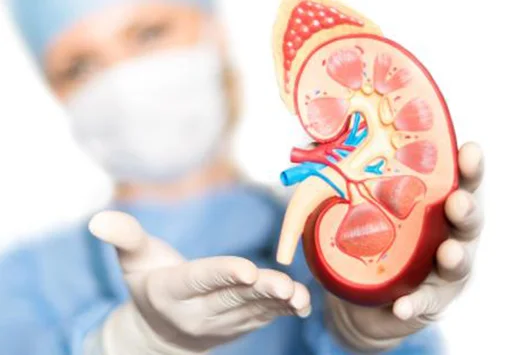What is Chronic Kidney Disease? Everything You Need to Know About CKD
In chronic kidney disease (CKD), your kidneys lose their function gradually. If the CKD reaches advanced levels, your body starts accumulating a huge amount of waste and fluids.
So the advanced stage of CKD can be life-threatening.
If you are in the early stage of CKD, you might have a few symptoms, and that’s why you may not realize that you have any serious health issues. You may not realize that you have CKD until you reach the advanced stage.
The goal of CKD treatment is to slow down the process of kidney damage by controlling the cause of it.

Why Early Detection Matters?
Since CKD often develops silently, early detection is critical. Identifying the condition in its initial stages allows for timely interventions to:
- Slow down the progression of kidney damage
- Manage the underlying cause (such as diabetes or hypertension)
- Prevent complications such as anemia, bone disease, and cardiovascular problems
Need Expert Advice?
If you or a loved one is at risk or has been diagnosed with Chronic Kidney Disease, timely action is key. Our kidney specialists at MedicoExperts offer comprehensive evaluations and personalized treatment plans that combine the best of modern and holistic medicine.
Frequently Asked Questions (FAQs):
Q1: Can chronic kidney disease be cured?
CKD cannot usually be cured, but with proper treatment and lifestyle changes, its progression can be slowed, and symptoms can be managed.
Q2: Who is at risk of developing chronic kidney disease?
People with diabetes, high blood pressure, a family history of kidney problems, or those over 60 years old are at higher risk of CKD.
Q3: Can diet help manage chronic kidney disease?
Yes, a kidney-friendly diet—low in sodium, phosphorus, and protein—can help reduce stress on the kidneys and manage symptoms.
Q4: What happens if chronic kidney disease is left untreated?
If untreated, CKD may progress to kidney failure (end-stage renal disease), requiring dialysis or a kidney transplant to survive.



